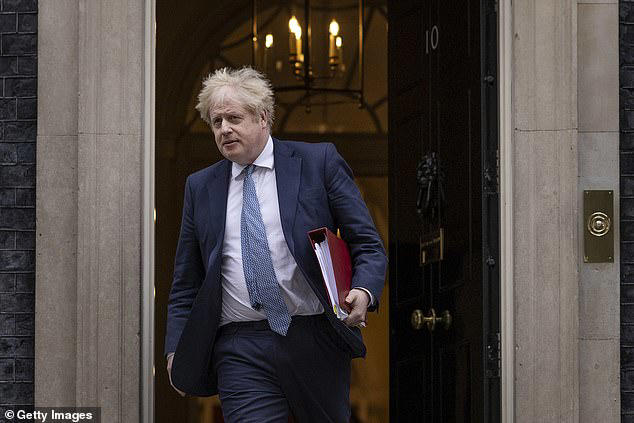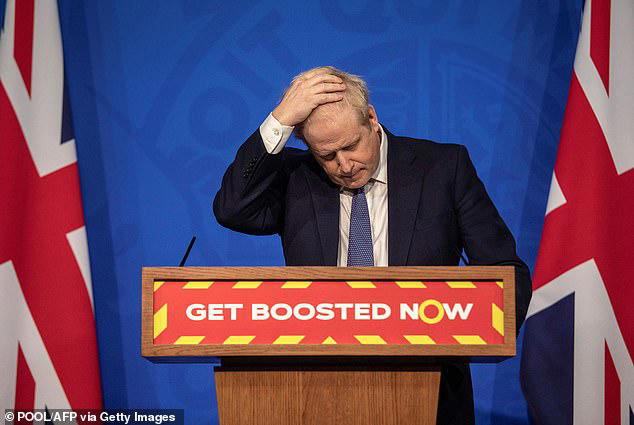Monday, 4 March 2024
Saturday, 13 January 2024
"PHŒNICIANS IN DART VALE. [SPECIAL.]
[SPECIAL.]
"Much interest, not only local but world-wide, was aroused a few months back by the announcement of a Phœnician survival at Ipplepen, in the person of Mr. Thomas Ballhatchet, descendant of the priest of the SunTemple there, and until lately owner of the plot of land called Baalford, under Baal Tor, a priestly patrimony, which had come down to him through some eighteen or twenty centuries, together with his name and his marked Levantine features and characteristics.
"Such survivals are not infrequent among Orientals, as, for instance, the Cohens, Aaron's family, the Bengal Brahmins, the Rechabites, etc. Ballhatchet's sole peculiarity is his holding on to the land, in which, however, he is kept in countenance in England by the Purkises, who drew the body of Rufus to its grave in Winchester Cathedral on 2nd August, 1100.
"Further quiet research makes it clear beyond all manner of doubt that the Phœnician tin colony, domiciled at Totnes, and whose Sun Temple was located on their eastern sky-line at Ipplepen, have left extensive traces of their presence all the way down the Dart in the identical andunaltered names of places, a test of which the Palestine Exploration Committee record the priceless value. To give but one instance. The beautiful light-refracting diadem which makes Belliver[1]the most striking of all her sister tors, received from the Semite its consecration as 'Baallivyah,' Baal, crown of beauty or glory. The word itself occurs in Proverbs i. 9 and iv. 9, and as both Septuagint and Vulgate so render it, it must have borne that meaning in the third century B C., and in the third century A.D., and, of course, in the interval. There are many other instances quite as close, and any student of the new and fascinating science of Assyriology will continually add to them. A portrait of Ballhatchet, with some notes by an eminent and well-known Semitic scholar, may probably appear in theGraphic; in the meantime it may be pointed out that hisname is typically Babylonian. Not only is there at Pantellaria the gravestone of one Baal-yachi (Baal's beloved), but no less than three clay tablets from the Sun Temple ofSippara(the Bible Sepharvaim) bear the names of Baal-achi-iddin, Baal-achi-utsur, and Baal-achi-irriba. This last, which bears date 22 Sivan (in the eleventh year ofNabonidus, B.C. 540), just two years before the catastrophe which followed on Belshazzar's feast, is in the possession of Mr. W. G. Thorpe,F.S.A.It is in beautiful condition, and records a loan by one Dinkiva to Baal-achi-irriba (Baal will protect his brother), on the security of some slaves."
Sunday, 3 December 2023
Liberal London
Liberal London, from the battalions of Left-wing lawyers in the Inns of Court to the cultural revolutionaries and teenage pundits of the BBC, The Guardian and the Financial Times, must be drooling at the prospect of Boris Johnson's approaching appearance before the Covid Inquiry this week.
The man they loathe will be, they hope, in the dock of just such a political show trial as they would like to arrange for him. They must yearn for the power to convict him of conservatism and patriotism, and have him led away in handcuffs for these things, which they regard as offences.
Fortunately, as yet, they do not have such authority, though the Left in this country increasingly do wield the devastating power of cancellation through social media, which can destroy political careers and all too easily defeat conservative policies.
And of course they can damage reputations, such as Mr Johnson's, so badly that they find it hard to recover.
The Covid Inquiry so far has been oddly myopic and narrow, seemingly uninterested in even discussing the possibility that the Chinese-style policy of closing down the nation may have been excessive or even wrong. It has been fascinated, in a slightly maidenly way, with the rudeness which inevitably accompanies disagreement in high places, in an age heavily influenced by TV drama.
But now comes the moment when it can question the former Prime Minister himself (full disclosure: Boris Johnson is a columnist for our sister paper, the Daily Mail), the man accused of callously carousing while the country suffered and was confined to its homes in austere conditions.
Related video: Boris Johnson set to give evidence to the UK Covid-19 Inquiry next week (PA Media)
 PA Media
PA MediaHe will also, no doubt, be accused of indecision, a curious charge when the Government was confronting a wholly new problem with weapons it had never used before, and there were significant divisions among its advisers – some of whom have themselves since changed their minds.
The whole point of the privacy of government meetings, at the time, is to allow those in power, and their advisers, to disagree, debate fiercely and so reach the best conclusion, without alarming the public. It is not a sign of weakness, or of indecision, to change your mind if the facts change or if the advice changes. On the contrary, it is a sign of an open and lively mind.
In any case, why exactly is Mr Johnson in trouble anyway? Britain's eventual Covid outcome was in fact not especially bad. It is impossible to prove that acting faster or more severely would have made this any better, and there is evidence from Sweden that it might have made things worse.
Many have now forgotten that, in the midst of the crisis and while at his post, he fell seriously ill and needed actual intensive care. The idea that, having had such an experience, he was ever thereafter frivolous about the disease or the reaction to it is surely absurd.
Boris Johnson has great comic talents, as we all know. But people should not make the mistake of thinking that he is therefore not a serious and thoughtful person. On the contrary, perhaps his greatest contribution to the resolution of the whole crisis was to take the decisions which led to the creation of an amazingly effective vaccine programme, far ahead of any other country.
Given what has happened since Mr Johnson left Downing Street, many, not just Tories, must be wondering what exactly the Tory Party thought they were doing when they ousted him in 2022. It is very possible that, after hearing him give his own account of his stewardship at the inquiry, many more will ask themselves the same question.



